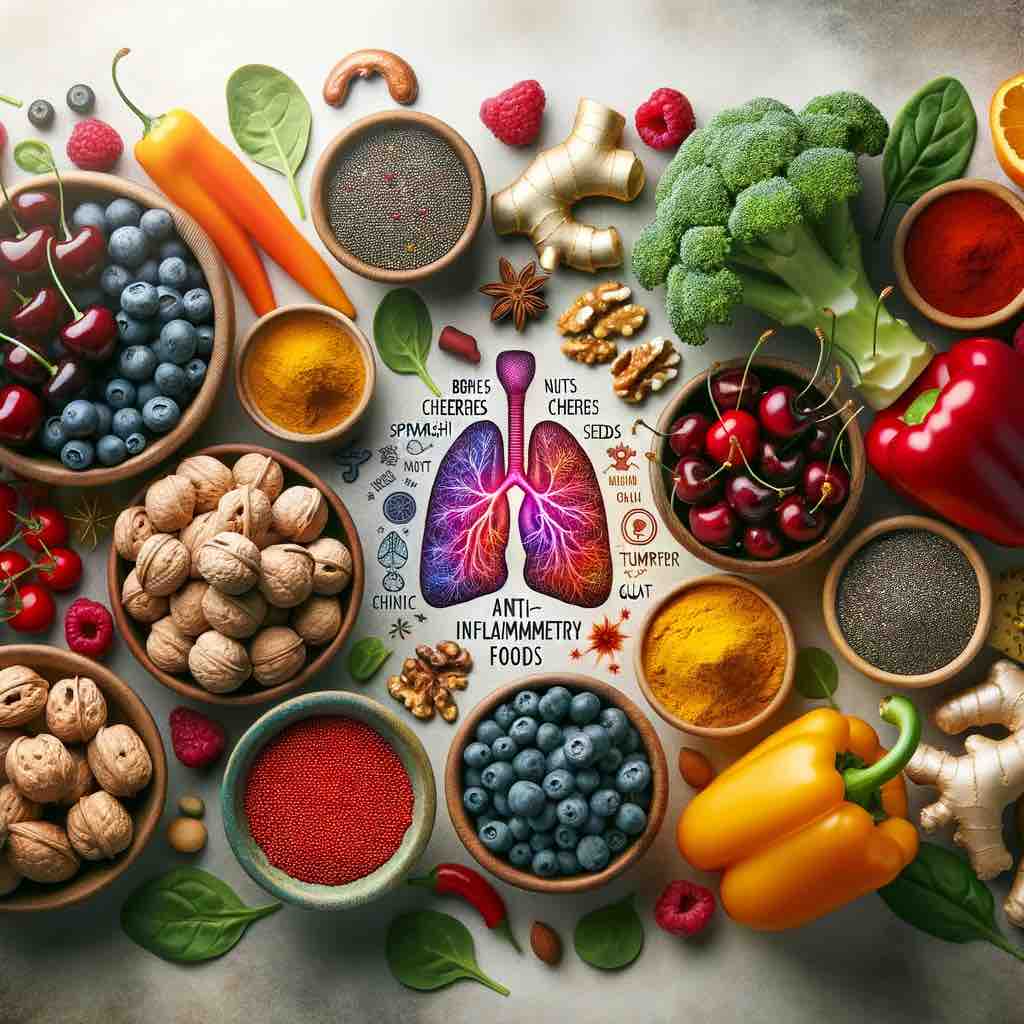
Living with Crohn’s disease might feel like a culinary journey of trial and error. But fret not! In this guide, we’ll walk through diet strategies, giving you a roadmap to navigate the complex dietary demands of Crohn’s disease. We aim to furnish you with options, allowing flexibility while prioritizing your gut health.
Begin With the Basics
- Understanding Your Body’s Needs:
- Every individual’s reaction to different foods varies. Begin by identifying which foods are easier on your digestion and which ones seem to trigger discomfort or exacerbate symptoms.
- Consulting with a Dietitian:
- It’s advisable to consult a dietitian specializing in gastrointestinal disorders. They can provide a tailor-made diet plan, ensuring that it’s nutritionally balanced and suitable for managing Crohn’s disease.
Low Residue Diet for Crohn’s
A low-residue diet aims to reduce the frequency and volume of stools, alleviating symptoms such as diarrhea and cramping. Here’s a closer look at what this diet entails:
- Fruits and Vegetables:
- Opt for well-cooked vegetables and canned or well-ripened fruits to ensure they are easier to digest.
- Examples: Bananas, melons, and potatoes (without skin)
- Grains:
- Include refined grains like white rice, pasta, and bread in your diet.
- Avoid whole grains as they might be harder on your digestion.
Customizing Your Diet Plan
Creating a personalized diet plan involves incorporating foods that soothe your symptoms and avoiding those that seem to trigger flare-ups. Here’s a helpful way to categorize:
- Incorporate Soothing Foods:
- Broth-based soups
- Oatmeal and cream of rice
- Poultry and fish
- Foods to Approach with Caution:
- Spicy foods
- Dairy products, if lactose intolerant
- High-fiber foods
PDF Guides and Online Resources
Look for comprehensive guides and meal plans online that are specifically curated for individuals with Crohn’s. Many of these resources, available in PDF formats, provide a structured approach, complete with meal ideas and recipes, allowing for variety in your diet while keeping symptoms at bay.
In essence, managing Crohn’s through diet involves a balanced approach, allowing you to enjoy a range of foods within the comfort of your dietary boundaries, ensuring that each meal contributes positively to your overall well-being. Remember, consulting with healthcare professionals and personal trial and error play crucial roles in finding what works best for you.
FAQs
- What foods are particularly beneficial for managing Crohn’s disease symptoms?
Foods such as bananas, white rice, and well-cooked vegetables are easier on the digestive system. Including such foods in your diet can help manage and alleviate the symptoms of Crohn’s disease. However, it’s essential to personalize your diet based on what works best for your body and condition. - How does a low residue diet aid in managing Crohn’s disease?
A low residue diet limits high-fiber foods, helping to reduce the volume and frequency of bowel movements. This kind of diet, including foods like white bread, rice, and well-cooked vegetables, can be beneficial in managing symptoms such as diarrhea and abdominal cramping in Crohn’s disease. - Are there any specific fruits or vegetables that should be avoided or included in a Crohn’s disease diet?
It varies from person to person. However, some may find raw fruits and vegetables, seeds, and nuts hard on their digestion. Well-cooked, peeled, or canned fruits and vegetables might be more tolerable. Personal experiences and guidance from healthcare professionals play a significant role in determining what to include or avoid. - What resources are available for structured diet plans suitable for Crohn’s disease?
There are various online platforms offering structured diet plans, recipes, and meal ideas specifically catered to managing Crohn’s disease. These resources often come in user-friendly formats like PDFs and include a variety of options to bring diversity to your diet while managing symptoms. - How does alcohol consumption affect Crohn’s disease?
Alcohol can potentially irritate the lining of the intestines and may worsen the symptoms of Crohn’s disease. It’s advisable to consult with a healthcare professional to understand how alcohol might interact with your condition and medications.
Blog Tags
Crohn’s disease diet, low residue diet, managing Crohn’s, inflammatory bowel disease, Crohn’s symptoms, dietary strategies, foods for Crohn’s, personalized diet plan, Crohn’s disease management, Crohn’s friendly foods










